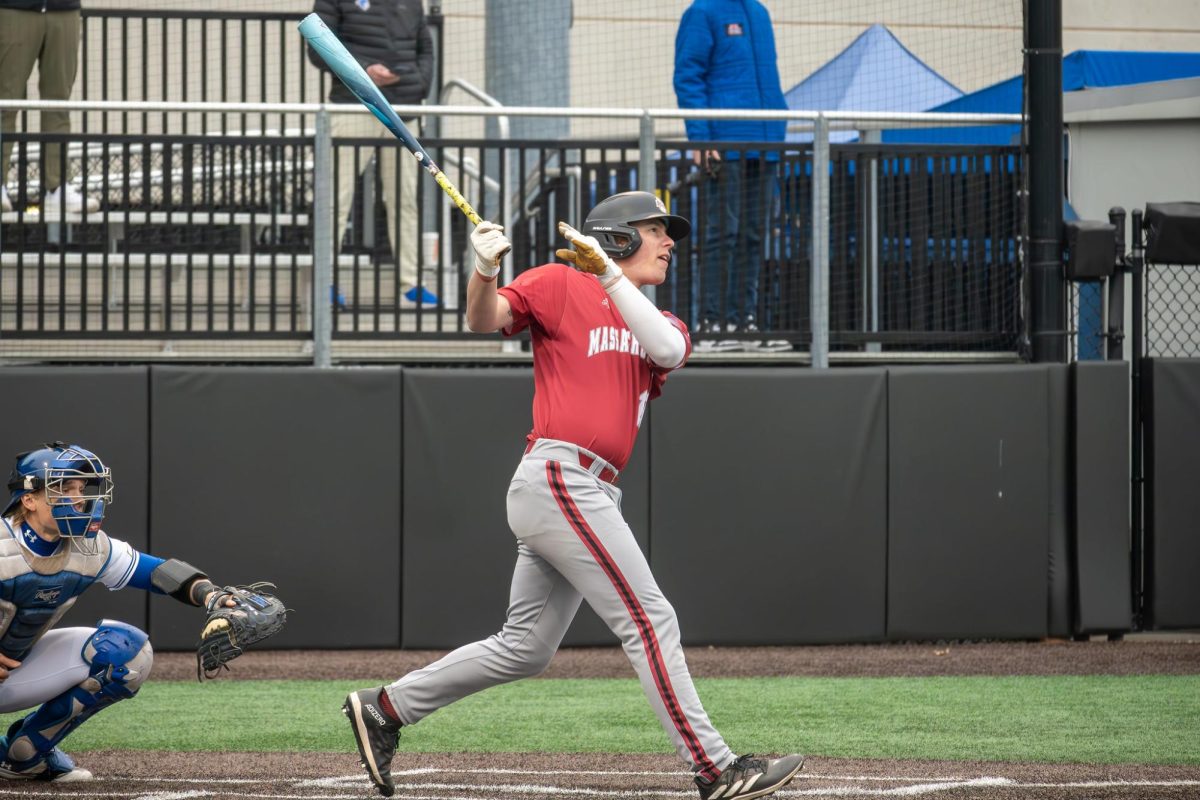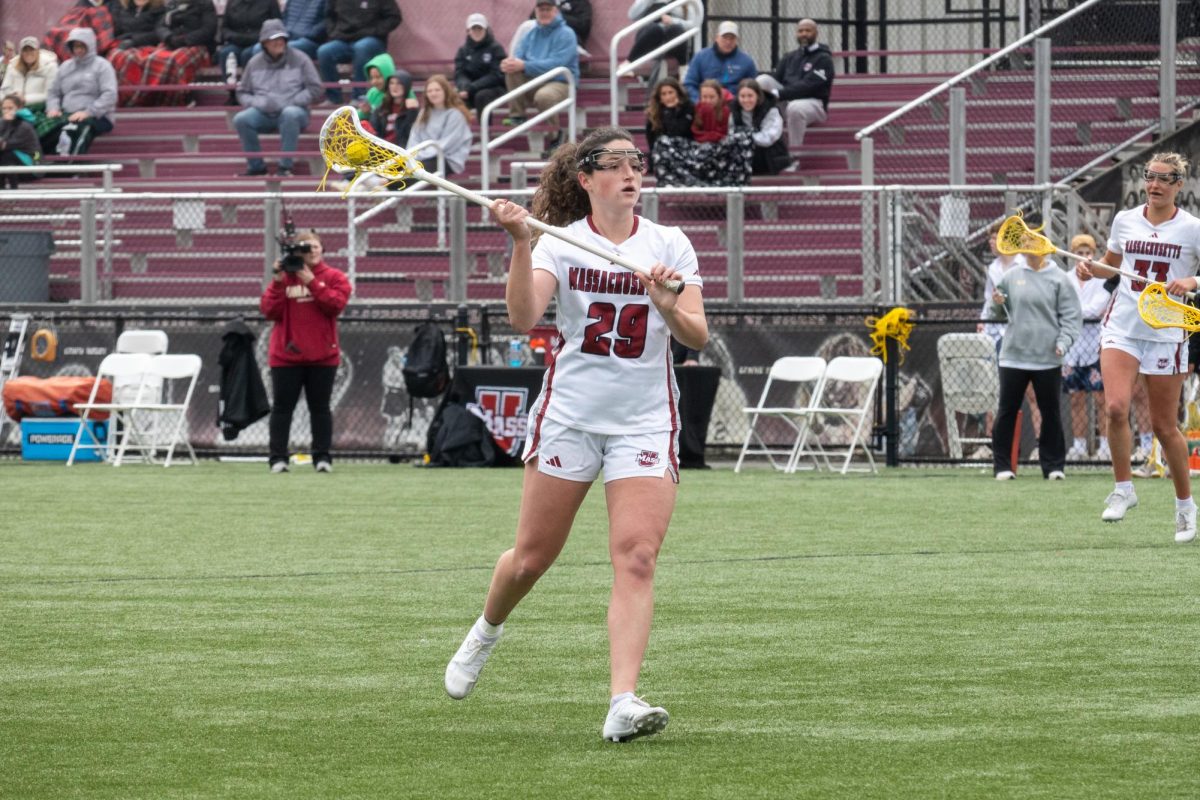
Driving nine hours from Amherst to Washington D.C. in a compact, 55-person bus, to then march for four hours will not be the first time University of Massachusetts sophomore Robert Kearns has done something similar to this magnitude.
Kearns, an environmental science major and a Student Government Association senator, was one of an estimated 311,000 people in 2014 who attended the People’s Climate March, the largest organized march on climate change in history. Held in New York City, the march was organized in response to the United Nations’ Leader’s Climate Summit, an event that brought together over 125 heads of state and government officials to seek strategies to combat carbon emissions and climate change.
At the time, Kearns was a high school student and was involved with Sustainable South Shore (SSSh), a multi-town organization that advocates for environmental conservation and sustainability. It was also one of the hundreds of organizations that contributed to the organization of the march.
Kearns recalled driving with SSSh volunteers from Rockland, Massachusetts and taking Route 3 to New York City.
“We got off in midtown Manhattan,” Kearns said. “Sort of near Trump Tower, ironically.”
April 29 will be President Donald Trump’s 100th day in office and Kearns will be marching in Washington D.C. in the second People’s Climate March, primarily in response to Trump’s environmental deregulation.
“We’re hoping to tell the Trump administration and all politicians that we need to act on climate change,” said Kearns, who expects there to be just as many, if not more, participants in this year’s march as the previous.
Kearns added he will also be marching for the implementation of “a $15 minimum wage, resiliency for communities affected by climate change — especially communities of color and low-income communities — as well as rapidly reduced greenhouse gas emissions to stop climate change.”
Kearns will be making the trip with fellow students and faculty of the five-college area, who also share his concerns for the future of the United States’ environment.
“I’m really excited to meet other people who are similarly moved by this issue,” said Timmy Sullivan, freshman political science major.
Sullivan is the undersecretary of sustainability for the SGA and ran for SGA vice president in March largely on a platform of making UMass a more sustainable campus. For Sullivan, climate change is one of the biggest issues he advocates for.
“For me it’s really important to be in D.C. at the mall on the 100th day to advocate for climate change and the science behind it,” he said.
Over 600 buses are expected to be coordinated for the march across the country. Two of which will be leaving from Amherst, one from Hampshire College and one from UMass, which will have Kearns as its bus captain. There are only nine open seats left on the bus from UMass.
While Kearns is in charge of organizing the participants on his individual bus, Treicy Torres, a junior environmental science major at Boston University, is tasked with organizing all buses in the Massachusetts region, including the two leaving from Amherst, as well as four from Boston and one from Cape Cod.
“It’s going to be a very grueling ride,” said Torres, describing the trip that will begin at approximately 9 p.m. and end at approximately 6 a.m., when buses are scheduled to arrive in Washington D.C.
Torres interned last year at the Massachusetts Chapter of the Sierra Club, the largest grassroots environmental organization in the U.S. and one of multiple organizations managing the buses going to the march. Kearns was also an intern at the club and is now involved in its executive committee.
Torres was in high school when the first climate march was held. Seeing the positive response to the event and its successes made her realize that she wanted to play an active role in attending and organizing future marches.
“Just being in the bus that long will be excruciating for some people,” Torres said with a chuckle.
For Sullivan, though, the expectedly grueling nature of the nine-hour bus ride will be worth it.
“Being uncomfortable in the short run is definitely what is needed in the long run for standing behind the science of climate change,” Sullivan said.
Jackson Cote can be reached at [email protected].



















